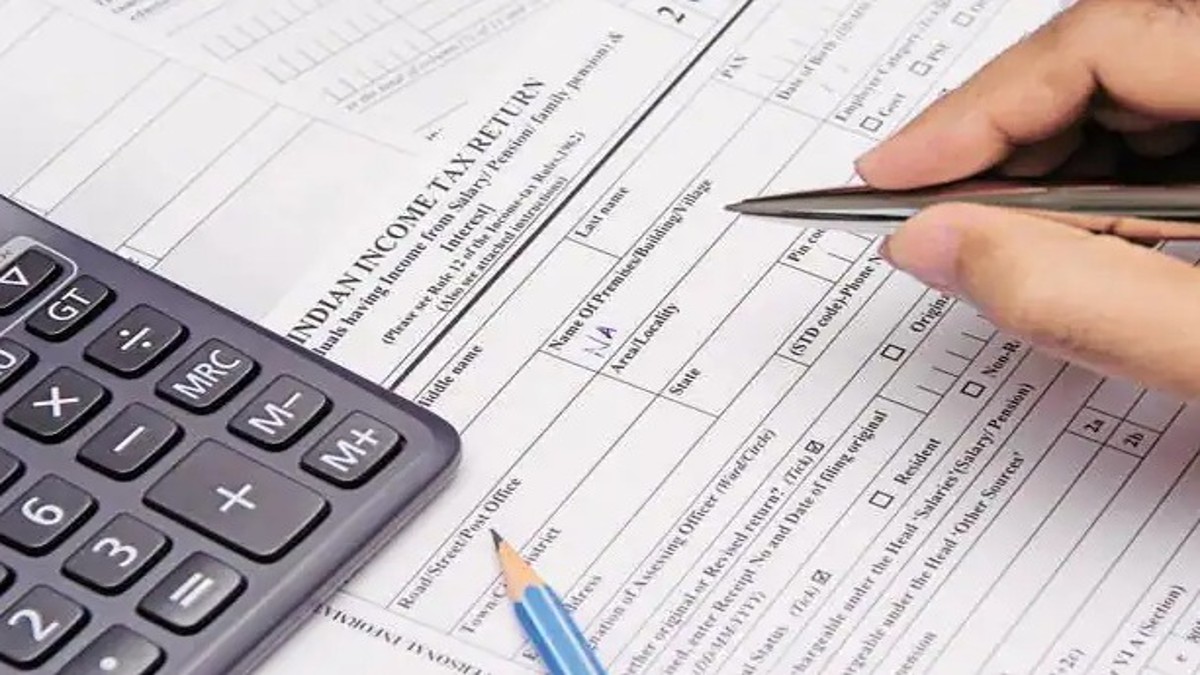Filing a Self Assessment tax return for the first time can feel like stepping into unfamiliar territory. You’ve probably heard horror stories of missed deadlines, confusing forms, or unexpected tax bills—but the truth is, once you understand the process, it’s not nearly as daunting as it seems.
So, if this is your first rodeo with HMRC’s Self Assessment system, here’s a clear, no-nonsense guide to help you through it.
How to Get Started
If it turns out you do need to file, the first step is registering with HMRC. This isn’t automatic, so give yourself enough time—especially if you’re close to the deadline. Once registered, you’ll receive a Unique Taxpayer Reference (UTR) number in the post. This is a 10-digit number you’ll use every time you file your return.
The process is different depending on your situation. Self-employed individuals need to register for Self Assessment and National Insurance. If you’re not self-employed but still have to file (e.g., you’re a landlord), you can register as an individual.
It’s worth doing this early. The UTR and activation codes take time to arrive, and you don’t want to be waiting on paperwork when the deadline is looming.
What You’ll Need
Before you sit down to complete your return, gather everything you need:
Your UTR and National Insurance number
Records of your income (payslips, invoices, rental statements, etc.)
Details of any expenses you want to claim
Bank interest, dividends, pensions or other income
Any student loan or child benefit details that may affect your tax
Good record-keeping throughout the year will save you a huge headache come January.
Filing Your Return
Once you’re registered and have your documents ready, it’s time to file. The online HMRC system is fairly straightforward, and it tailors the form depending on what you tell it at the start. That said, take your time. A careless mistake could mean you overpay—or underpay and face penalties later.
If your tax situation is simple, you might manage just fine on your own. But if you’ve got income from different sources, overseas earnings, or capital gains, it might be worth having an accountant review things. Either way, always keep a copy of your completed return for your records.
It’s never a bad idea to use a trusted tool to help you calculate your tax due before you actually file. Many people choose to file Self Assessment Tax Return forms early, even if they don’t pay until January, just for peace of mind.
How to Pay
After filing, HMRC will let you know how much tax you owe. If it’s over £1,000, you may also have to make “payments on account” towards next year’s bill.
You can pay online via bank transfer, Direct Debit, or the HMRC app. Just make sure the money clears by the deadline.
Conclusion
The first time you file Self Assessment Tax Return documents might feel a little intimidating, but it doesn’t need to be. Like most things, it becomes easier once you’ve done it once. Take your time, don’t rush the process, and ask for help if something isn’t clear. There’s plenty of support out there—from HMRC’s own resources to accountants and tax advisers who deal with this every day.
The earlier you start, the less stressful it’ll be. And once it’s done, you’ll know exactly what to expect next year.

)